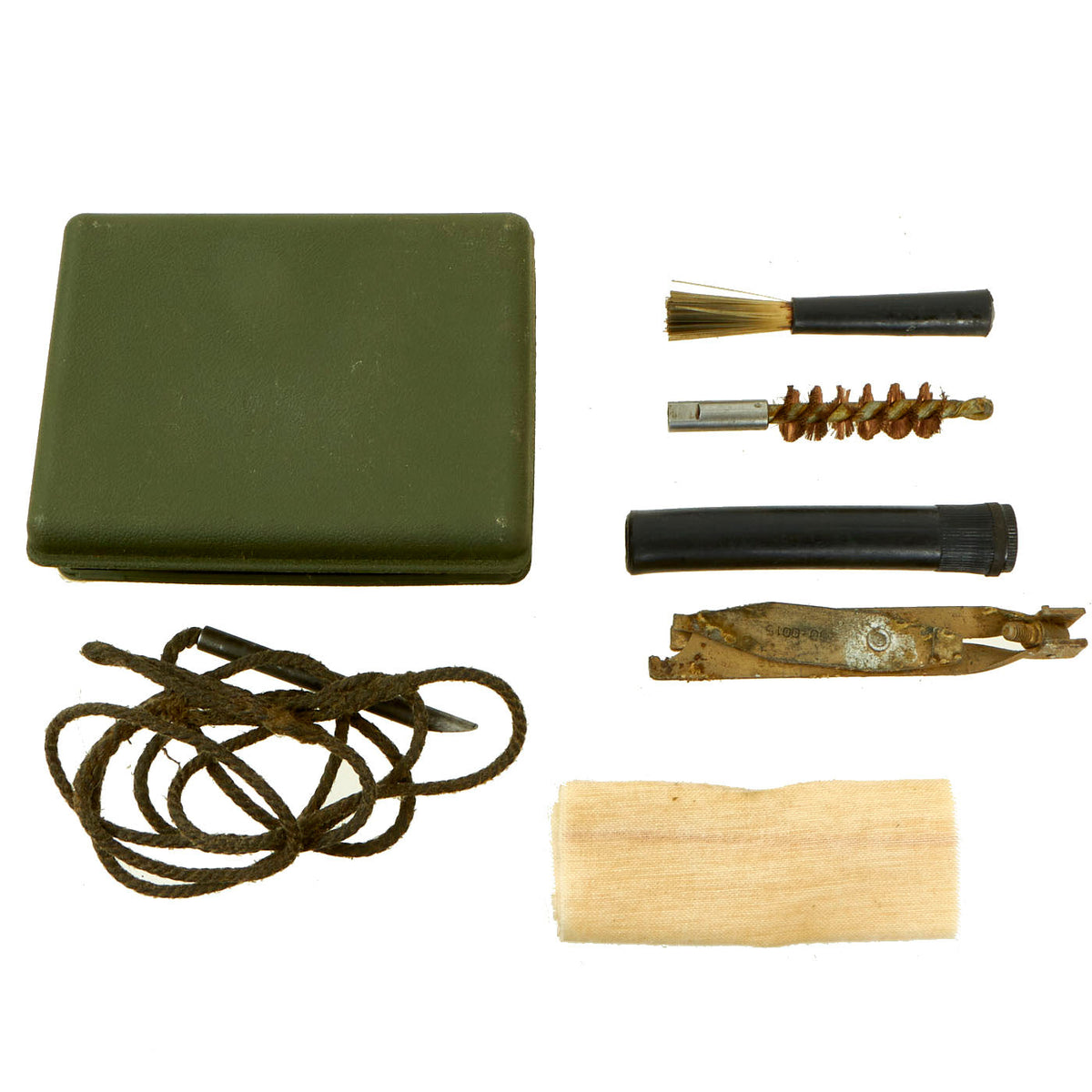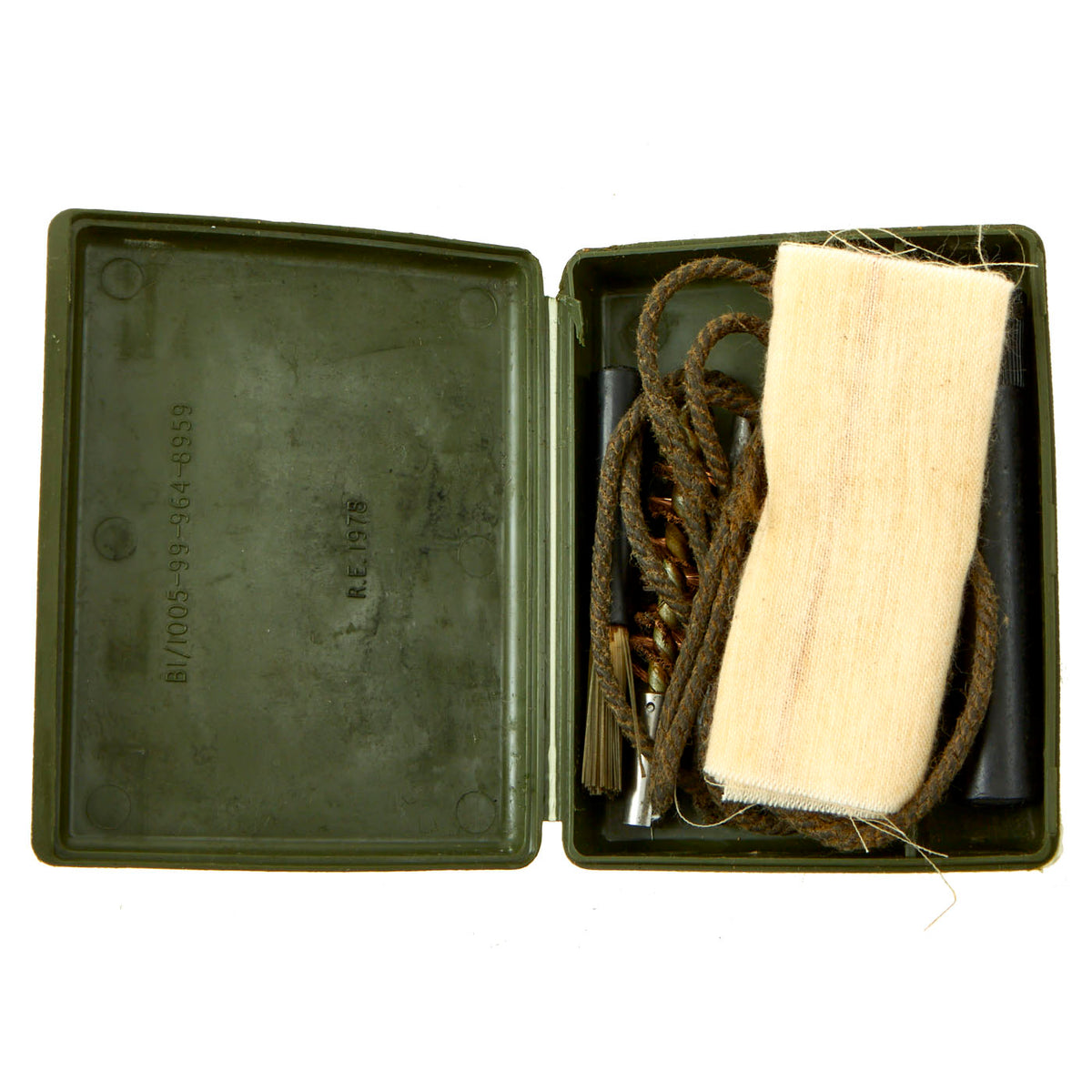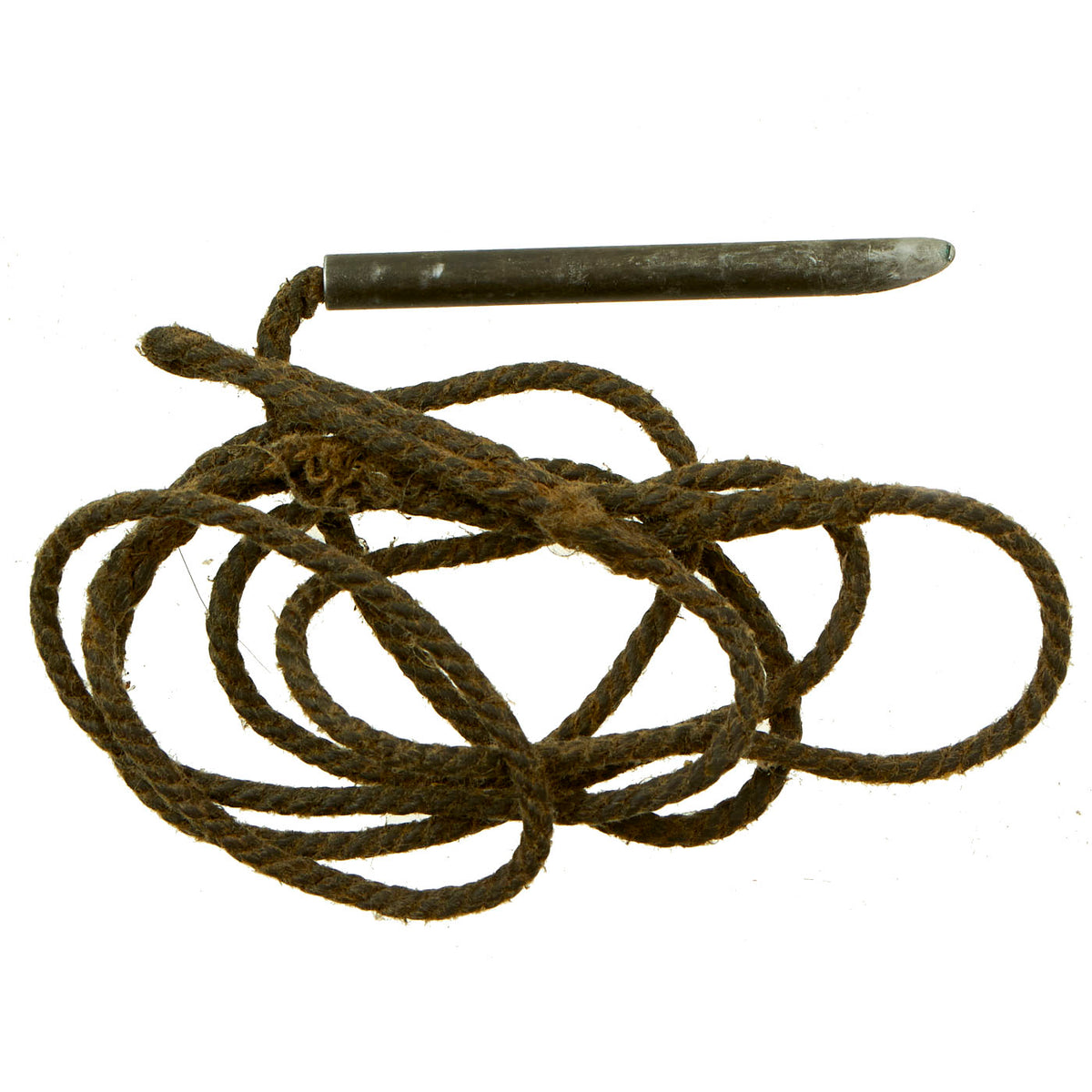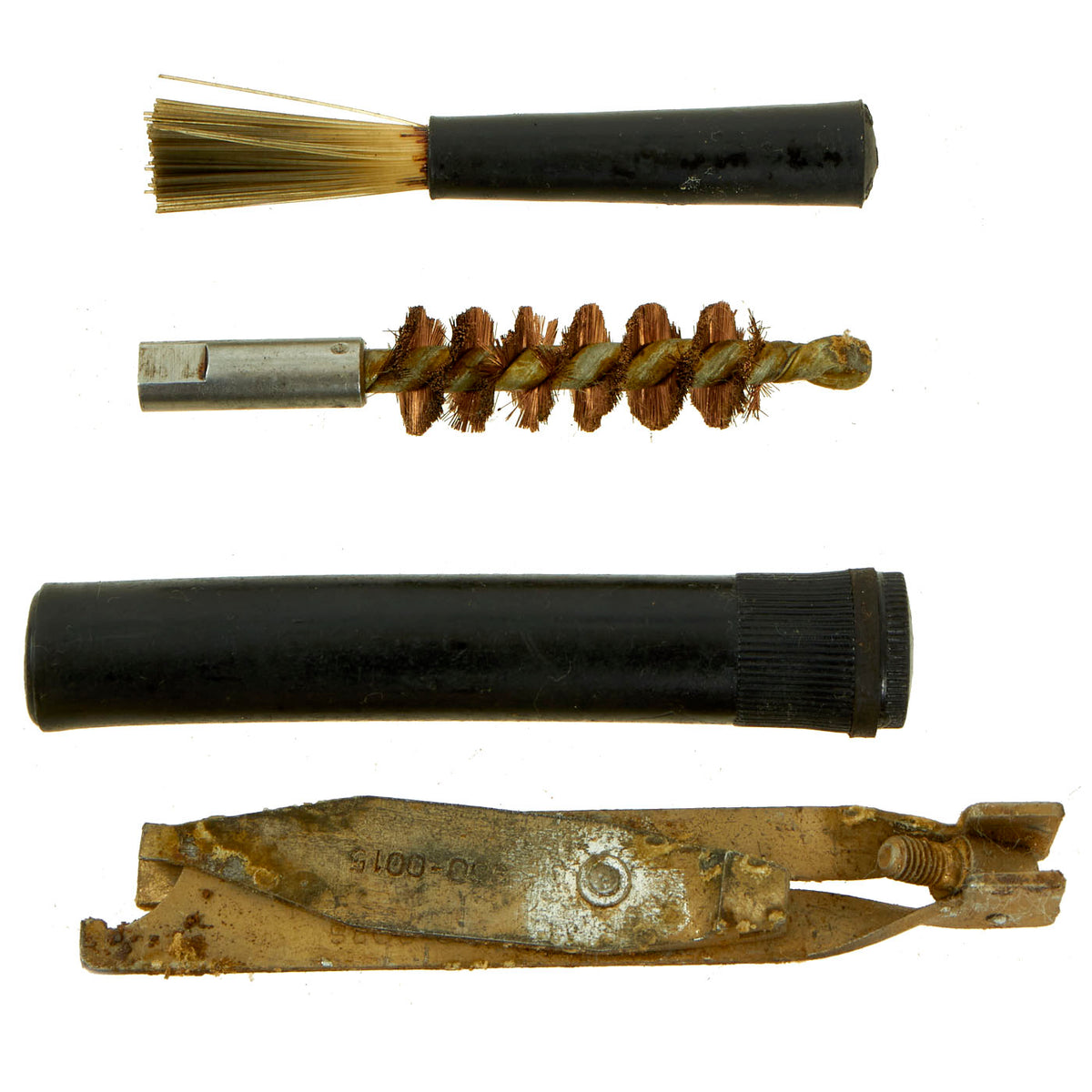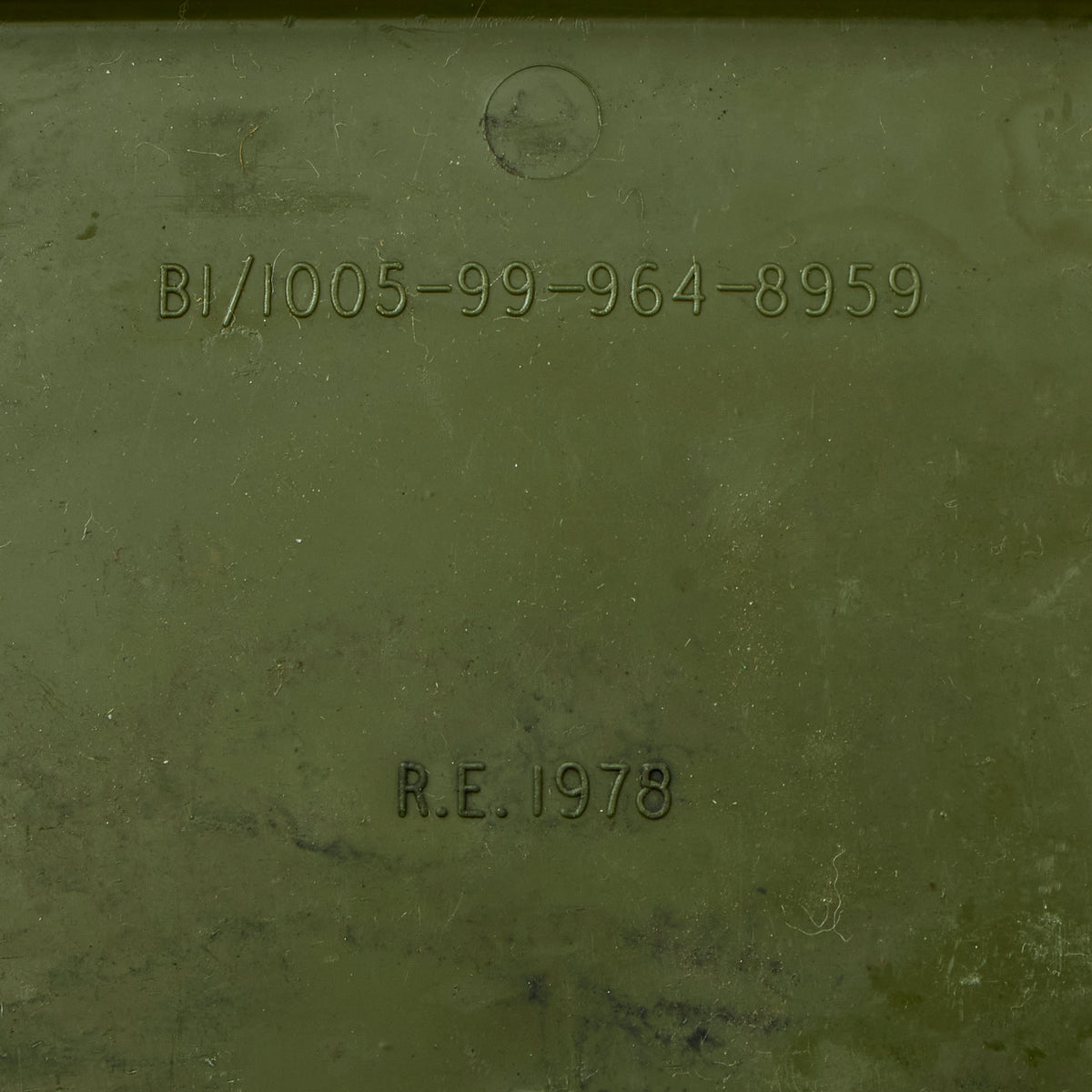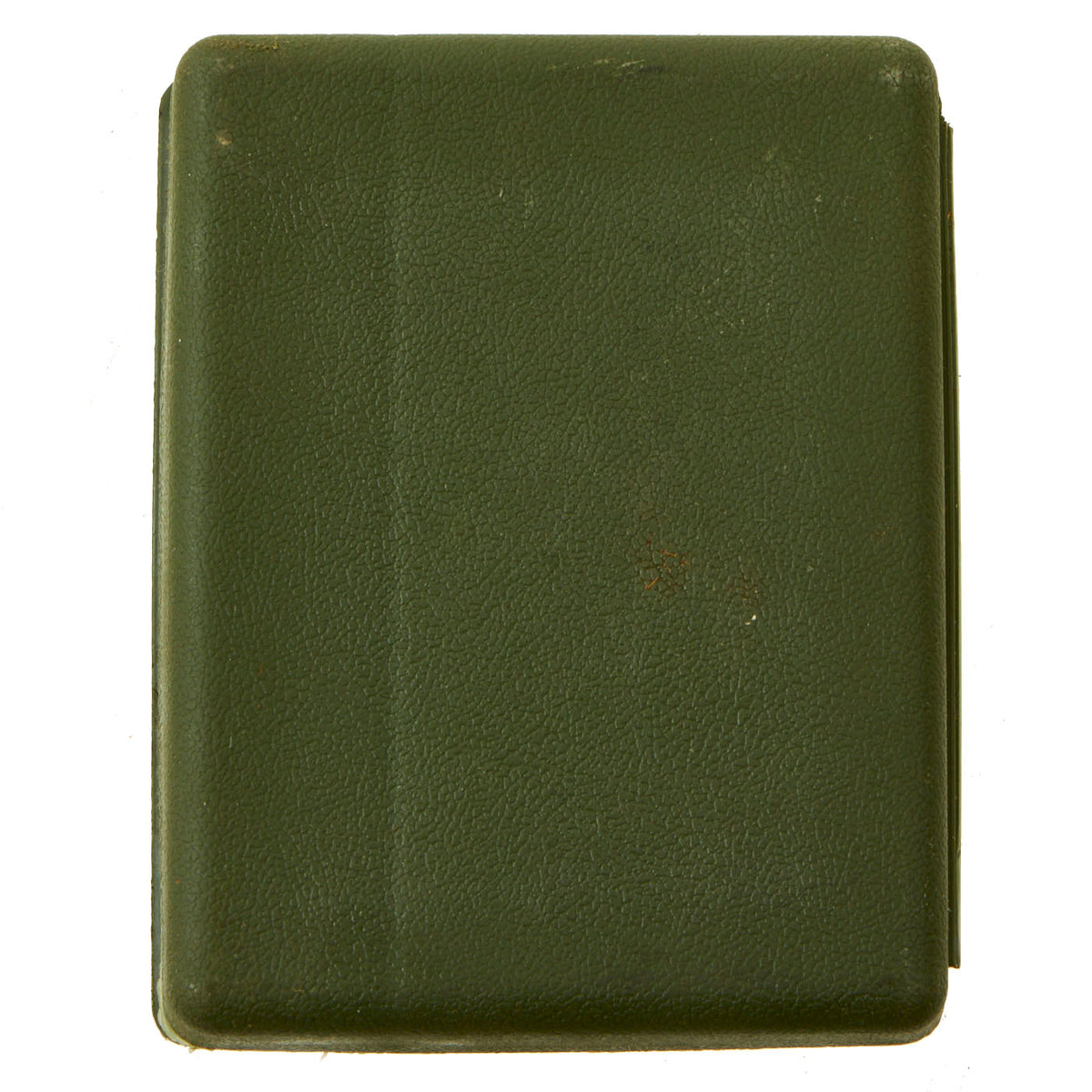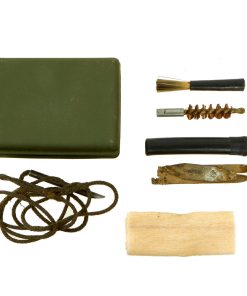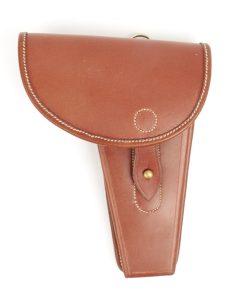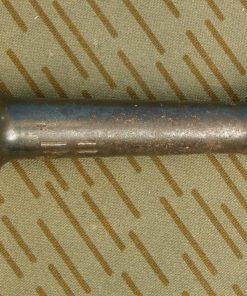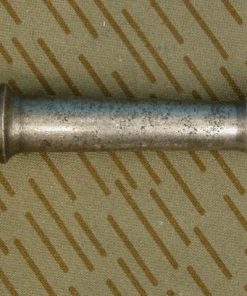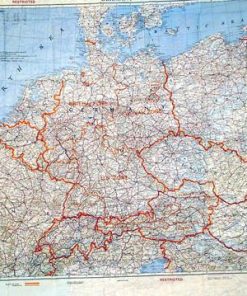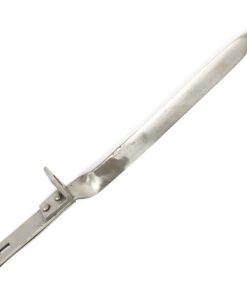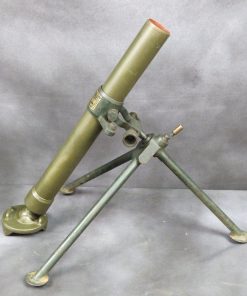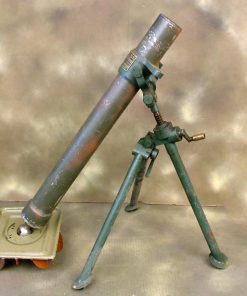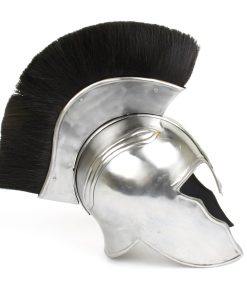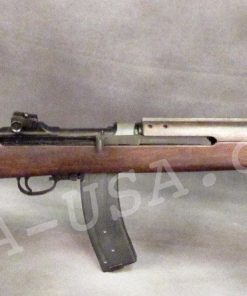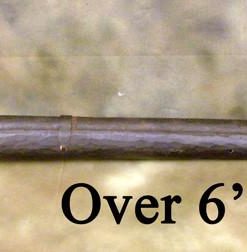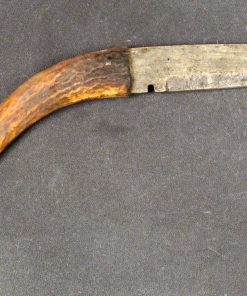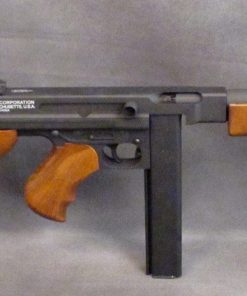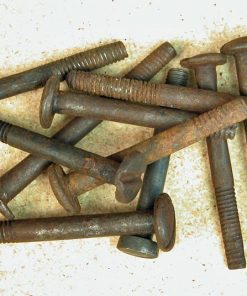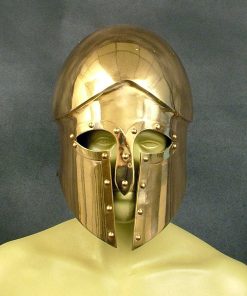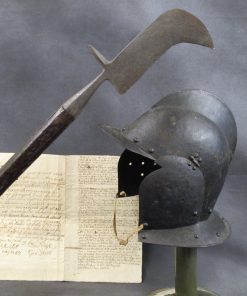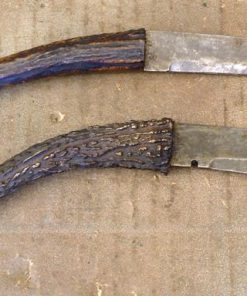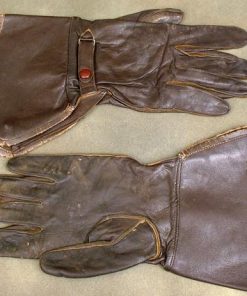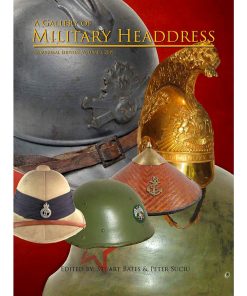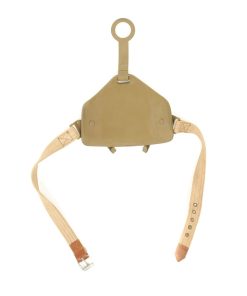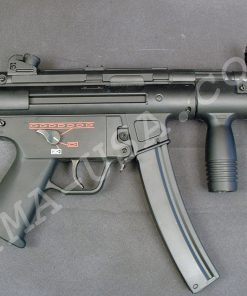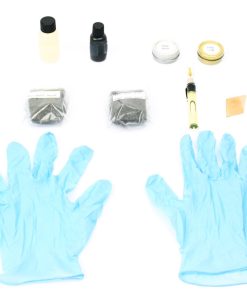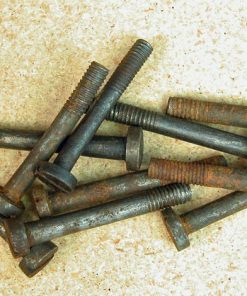Original British Irish Troubles Era L1A1 Self-Loading Rifle Cleaning Kit – Complete Original Items
$ 14,95 $ 8,97
Original Items: Limited Quantity Available. Over time, firearms can be damaged by buildup, corrosion and rust, and even just regular friction as parts rub together. Regular cleaning can help maintain all the moving parts inside your firearm, stop it from jamming, and keep it functioning for years to come. The most important tool on the battlefield, besides the brain, is the soldier’s rifle. Regular maintenance of your rifle could save your life should the need to ever use it arises!
These cleaning kits are complete but in used condition. They are maker marked and dated on the inside top cover.
The Contents of Each Kit Include:
– Cleaning Brush
– Combination Tool
– Bore Snake
– Empty Plastic Oiler
– Cleaning Rag
Comes more than ready for display or use!
L1A1 Self-Loading Rifle
The L1A1 Self-Loading Rifle, officially “Rifle, 7.62mm, L1A1”, also known just as the SLR (Self-Loading Rifle), by the Canadian Army designation C1A1 (C1) or in the US as the “inch pattern” FAL, is a British version of the FN FAL battle rifle produced by the Belgian armaments manufacturer FN Herstal. The L1A1 was produced under license and has seen use in the Australian Army, Canadian Army, Indian Army, Jamaica Defence Force, Malaysian Army, New Zealand Army, Rhodesian Army, Singapore Army and the British Armed Forces.
The original FAL was designed in Belgium, while the components of the “inch-pattern” FALs are manufactured to a slightly modified design using British imperial units. Many sub-assemblies are interchangeable between the two types, while components of those sub-assemblies may not be compatible. Notable incompatibilities include the magazines and the butt-stock, which attach in different ways. Most FALs also use SAE threads for barrels and assemblies. The only exceptions are early prototype FALs, and the breech threads only on Israeli and Indian FALs. All others have standard Imperial or “unified” inch-standard threads throughout.
Most Commonwealth pattern FALs are semi-automatic only. A variant named L2A1/C2A1 (C2), meant to serve as a light machine gun in a support role, is also capable of fully automatic fire. Differences from the L1A1/C1 include a heavy barrel, squared front sight (versus the “V” on the semi-automatic models), a handguard that doubles as a foldable bipod, and a larger 30-round magazine although it could also use the normal 20-round magazines. Only Canada and Australia used this variant.
However, Australia, the UK and New Zealand used Bren light machine guns converted to fire the 7.62×51mm NATO cartridge for use in the support role. Canadian C1s issued to naval and army personnel were also capable of fully automatic fire.
Fast Shipping with Professional Packaging
Thanks to our longstanding association with UPS FedEx DHL, and other major international carriers, we are able to provide a range of shipping options. Our warehouse staff is expertly trained and will wrap your products according to our exact and precise specifications. Prior to shipping, your goods will be thoroughly examined and securely secured. We ship to thousands clients each day across multiple countries. This shows how we're dedicated to be the largest retailer on the internet. Warehouses and distribution centres can be located throughout Europe as well as the USA.
Note: Orders with more than one item will be assigned a processing date depending on the item.
Before shipping before shipping, we'll conduct a thorough inspection of the items you have ordered. Today, the majority of orders will be delivered within 48 hours. The delivery time will be between 3-7 days.
Returns
The stock is dynamic and we cannot completely manage it because multiple stakeholders are involved, including our factory and warehouse. So the actual stock may alter at any time. It's possible that you may not receive your order once the order has been made.
Our policy is valid for a period of 30 days. If you don't receive the product within 30 days, we are not able to issue a refund or an exchange.
You can only return an item if it is unused and in the same state as the day you received it. You must have the item in its original packaging.
Related products
Uncategorized
Uncategorized
Uncategorized
Uncategorized
Uncategorized
Uncategorized
Uncategorized
Australian WWII Owen MK1 Machine Carbine SMG Custom Fabricated Replica with Sling Original Items
Uncategorized
Uncategorized
Uncategorized
Uncategorized
Uncategorized
Uncategorized
Armored Burgonet Helmet & Polearm from Scottish Castle Leith Hall Circa 1700 Original Items
Uncategorized
Uncategorized
Uncategorized
Uncategorized
Uncategorized
